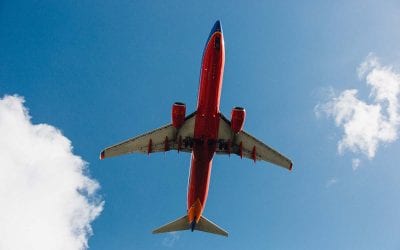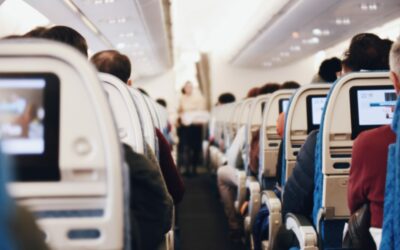The judicial elimination of the JetBlue/Spirit merger guarantees that the US will be dominated by the Big 3 airlines for the next decade.
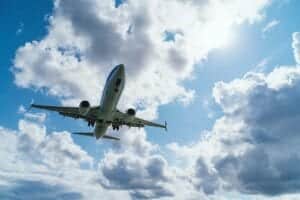
Photo by Kevin Woblick/Unsplash.
The JetBlue/Spirit merger with its disapproval ruling has cramped competition between the Low Cost Carrier (LCC) markets and the Big 3 carriers. Now American Airlines, Delta Air Lines, and United Airlines are licking their chops. They are ready to keep growing more powerful. The ruling should be reviewed and reversed for competition’s sake.
The judicial finding that quashed the JetBlue/Spirit merger also has created a breach between the Big 3 airlines and the LCC markets. (I am not including Southwest Airlines, since it is a bird of another type of feather.) The judge in this case approached the merger as most of the other consumer advocates and the DOJ did. They erred on the side of the major international network carriers. And, they have created a legal reality that will prevent any airlines in the future from attempting to compete with the Big 3. That’s wrong and dangerous when coupled with the airline crew and pilot shortages.
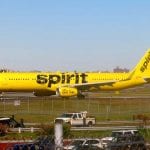 Since I have been working against the consolidation of airlines, every major merger has taken place during the last decade-and-a-half. They were based on a belief that price competition between airlines was the holy grail of maintaining the status quo. If that was once the airline world, it is no more.
Since I have been working against the consolidation of airlines, every major merger has taken place during the last decade-and-a-half. They were based on a belief that price competition between airlines was the holy grail of maintaining the status quo. If that was once the airline world, it is no more.
This judicial finding marks the end of the old airline world.
There are now two groups of US airlines: The Big 4 (if we include Southwest Airlines) and then the rest of the smaller airlines. The first group includes the largest international networked carriers and the largest US carrier. The second group includes the smaller airlines — which, even with a merger between the largest members of that group, would still be smaller than the smallest network carrier.
The repercussions of this JetBlue/Spirit merger ruling will be felt through the entire aviation industry. We will soon see whether this finding is reversed. It should be, but I doubt that it will.
The largest network airlines in the US are now firmly in control.
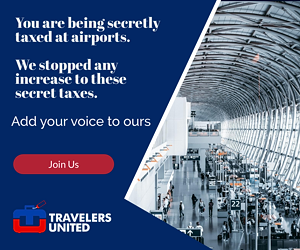
The CEOs of American Airlines were proven right. Bob Crandall said that the reservation systems would eventually be more valuable than the airlines that created them. He also unleashed the frequent flyer programs that provide the profits that allow for continued growth. And Doug Parker, the recent AA CEO, repeated that the correct number of network carriers was three. His mantra during the battle for the critical third merger between US Air and AA was correct. The airlines have what they wanted.
Sadly, in the JetBlue/Spirit merger the consumer advocates, other than Travelers United, supported the elimination of the final combination that could have started the aviation world on a path to competition again. The Department of Justice and the Department of Transportation also brought suit against the JetBlue/Spirit merger. It will be at least a decade before an opportunity like this comes again to provide meaningful competition to this industry.
Planes are not being produced and pilots are no longer being trained courtesy of the US military.
The entire industry is suffering from shortages. Today, analysts have observed a major difference in airlines between the major network carriers and the LCCs. Plus, with this short-sighted ruling there is no way that LCCs can grow in order to compete with the large network carriers. This new reality is combined with a shortage of planes being produced for the aviation economy. This is a recipe for disaster for the aviation industry as well as a new rule — as long as airlines behave and don’t try to compete with the big carriers, all will remain copacetic.
The industry is also facing pilot and flight attendant shortages.
The aviation world no longer has the benefit of a military system that trained thousands of pilots. The only way that the United States can train more pilots quickly is to have aspiring commercial pilots pay for their training. The costs are enormous and the organized pilots have discovered that they now have enormous leverage when it comes to negotiations with the industry.
Slowly but surely the flight attendant unions have shifted the aviation discussions from one of providing an attractive team aboard aircraft to flight attendants who are part of the airplanes’ safety protocol. Nowadays, the number of flight attendants is mandated by the FAA based on aircraft size. Flight attendants have placed themselves in the position of no longer being nice to having servants providing assistance, meals, and drinks. Today, they are as important as pilots for flying airplanes. The only benefit is that they can be trained more quickly.
Airline consolidation, the pilot shortage, and the rise of flight attendants are two-edged swords.

These changes have altered the aviation world. The denial of the JetBlue/Spirit merger is a lesson in anti-trust. There is a balance in every industry, a balance between industry corporate consolidation, labor, and government bureaucracy. Just because an industry is profitable is no proof that aggressive anti-trust is a panacea. Remember the biblical admonishment: Beware the double-edged sword.
READ ALSO:
All about aircraft seating and how to reserve the seat you want
FAA: Changing the overall airspace control agency should be a national priority

Charlie Leocha is the President of Travelers United. He has been working in Washington, DC, for the past 14 years with Congress, the Department of Transportation, and industry stakeholders on travel issues. He was the first consumer representative to the Advisory Committee for Aviation Consumer Protections appointed by the Secretary of Transportation from 2012 through 2018.

